A PDF version of the article is available here.
My Opinion: Too Many Lawyers?
The following is an article from the previous iteration of Juris Illuminae, published in September 2009 as Vol. 6, Issue 1. It was authored by Mr. Mubin Shah, the Associate Editor and Events Director of the 29th Editorial Board.
THE LEGAL PROFESSION ACT was amended in 2008,1 giving effect to three important changes: the introduction of the Qualifying Foreign Law Practice scheme, enhancements to the Joint Law Venture structure and the liberation of Singapore law with respect to international commercial arbitration.
The 2008 Amendments were enacted to “provide greater flexibility to respond to changing business needs”. But I like to think that the Ministry of Law had us NUS students in mind while deliberating these amendments. The amendments create additional jobs for local undergraduates, by attracting Foreign Law Practices and increasing Singapore’s attractiveness as a hub for international arbitration. After all, the introduction of a second law school in Singapore inevitably leads to an increase in the number of lawyers competing for the same number of jobs. The first batch of SMU graduates increases the number of local undergraduates joining the legal industry in 2011 by at least 70%. Despite the shortage of lawyers in the legal workforce, Singapore would still need to create more jobs to accommodate all her local undergraduates.
To summarize, the amendments in 2008 encourage job growth in the legal sector. These amendments were made in anticipation of the influx of local graduates in 2011.
In 2009, a year later, the Legal Profession Act was amended again,2 with the foreseeable effect of further enlarging the pool of lawyers in Singapore. The question that begs to be asked is: Are the 2008 and 2009 Amendments antagonistic to their own purposes? Ultimately, can the Amendments in 2008 provide enough jobs for the larger pool of legal practitioners we can expect in the future?
I think we should not be overly concerned.
While it is easier for experienced Singaporean lawyers practicing overseas to return home, realistically, the number of lawyers who qualify under this scheme is, for want of a better word, insignificant. The purpose of making it easier for these lawyers to receive their Practicing Certificates is to attract them back to Singapore. These lawyers are assets to the legal community in Singapore and will bring with them a wealth of knowledge, experience and potentially even a Foreign Law Practice.
The 2009 Amendments also allow overseas graduates with Lower Second Class degrees to practice immediately. I find this change slightly more controversial. Previously, there were 2 mechanisms in place to ensure that Singaporeans who studied abroad were competent to practice law back home. The first mechanism, which is still in place, limits the number of recognised overseas foreign law schools while the second mechanism, which has been scrapped, limited the number of overseas graduates taking the Bar examinations immediately upon their return. In the past, only Upper Second-Class degree holders could take the Bar examination. Now, anyone with a Second-Class degree can do so.
One of the benefits of studying law locally, in all honesty, used to be that everyone who graduated with a Second-Class degree could practice. This is arguably unfair to overseas graduates, but it is nevertheless a strong incentive to study in Singapore (or at least I thought so). In light of this amendment, more students would seriously consider the benefits of studying overseas, in certain colleges or universities, where the entry requirements (this is moot) are not as stringent as that of NUS. The pertinent question now is: will there be a sudden influx of students applying to overseas law schools?
At face value, the 2008 and 2009 Amendments seem to contradict each other. The establishment of Foreign Law Practices and an international arbitration hub in Singapore envisioned by the Government will not take place overnight, though we can look forward to a flourishing legal industry in the near future. But how near is near? Are we going to be caught off-guard by the sudden surge of lawyers in 2011, or will we be prepared in time?
[1] Legal Profession (Amendment) Act 2008 (No. 19 of 2008)
[2] Legal Profession (Amendment) Act 2009 (No. 20 of 2009)
